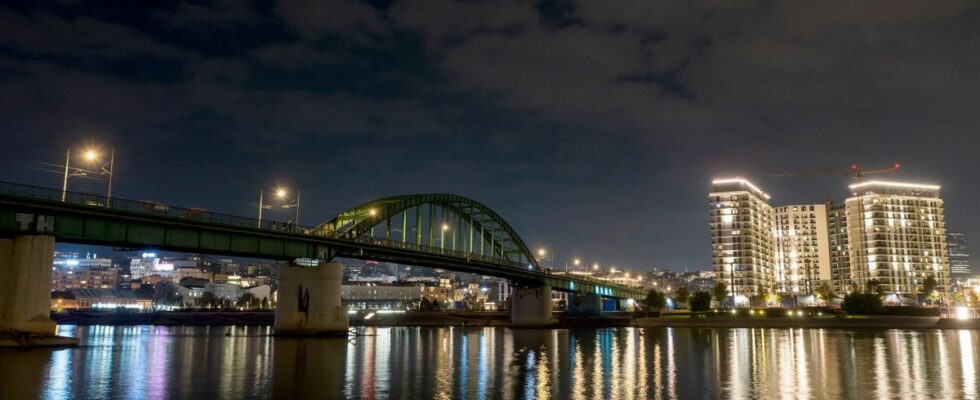Published on
updated on
Reading 2 min.
Belgrade, Sarajevo, Pristina: three Balkan capitals appeared on Friday in the top 10 most polluted cities in the world, just behind Lahore, Delhi and Beijing. Extreme pollution which coincides with falling temperatures.
The air quality index in these three cities was above 150, the threshold beyond which the situation is considered bad for health. For comparison, the index at the same time was 44 in Paris and 34 in Los Angeles.
In Belgrade, capital of Serbia, the concentration of PM2.5 polluting particles reached 98 micrograms per cubic meter, or 19.6 times the level considered acceptable by the World Health Organization (WHO). These fine particles that enter the bloodstream via the lungs are made up of a mixture of different chemical compounds.
In Pristina, capital of Kosovo, the concentration of PM2.5 polluting particles stands at 159 micrograms per cubic meter.
In Sarajevo, capital of Bosnia-Herzegovina, for several days, the situation has worsened, especially in the evening because of the tens of thousands of homes heated with coal and wood. In certain parts of the city, the concentration of fine PM2.5 particles exceeds 300 micrograms per cubic meter.
The causes of pollution are multiple, explains Dejan Lekic, of the NGO National Ecological Association based in Belgrade: “It is a combination of fossil combustion in different forms. The energy sector in the region relies on outdated technologies, filters on power plants are not installed everywhere. Thermal power plants are the biggest polluters and the main emitters of sulfur dioxide and nitrogen oxides, the two main air pollutants in Europe“.
“If we add to this the beginning of the heating season, the use of poor quality coal and insufficiently dry wood, and – a factor typical for our region, the burning of all kinds of waste – old furniture, clothes, packaging plastic – or even engine oil for heating, we obtain these levels of pollution“, he adds.
The effects of this pollution on populations are known: according to a UN study published in 2019, air pollution is responsible for 20% of premature deaths in 19 Balkan cities.
On average, according to this study, inhabitants of the Balkans lose up to 1.3 years of life due to air pollution.
